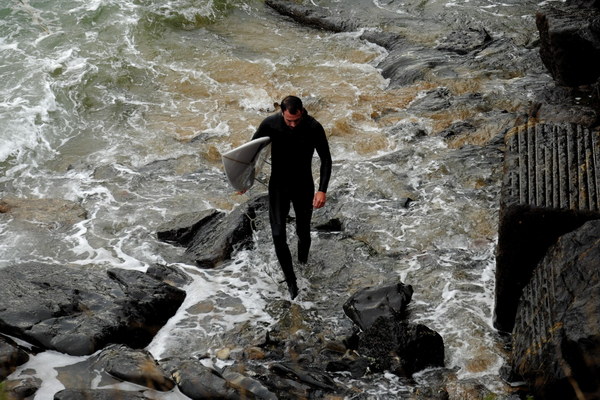Nurturing Your Babys Lungs A Comprehensive Guide to Breathing Right
Breathing is the cornerstone of life, and it is essential to ensure that our little ones develop strong and healthy lungs from an early age. As parents, we play a vital role in nurturing our baby's respiratory system. This article provides a comprehensive guide on how to take care of your baby's lungs, ensuring they grow up with a robust respiratory system.
1. Create a Clean Environment
The first step in maintaining your baby's lung health is to create a clean and dust-free environment. Dust and allergens can cause respiratory issues in infants. Here's what you can do:
- Regularly vacuum and dust your home to eliminate allergens and dust.
- Use a vacuum with a HEPA filter to trap tiny particles.
- Keep your baby away from secondhand smoke, which is a significant respiratory risk.
- Use air purifiers to improve indoor air quality.
2. Breastfeed Your Baby
Breastfeeding has numerous benefits for your baby's health, including lung development. Breast milk contains antibodies that help protect your baby's lungs from infections and allergies. If you are unable to breastfeed, consider using a high-quality formula that mimics the benefits of breast milk.
3. Encourage Safe Sleep Practices
Sudden Infant Death Syndrome (SIDS) is a leading cause of death in infants under one year old. To reduce the risk of SIDS, follow these safe sleep practices:
- Place your baby on their back to sleep to reduce the risk of SIDS.
- Use a firm and flat mattress with a tightly fitting sheet to prevent suffocation.
- Keep the room temperature comfortable, as overheating can increase the risk of SIDS.
- Avoid placing any soft objects, such as pillows or blankets, in the crib.
4. Help Your Baby Develop Good Breathing Habits
From an early age, you can help your baby develop good breathing habits that will benefit their lung health:
- Encourage your baby to practice deep breathing exercises, such as blowing out candles or taking deep breaths during tummy time.
- Teach your baby to cough and sneeze into their elbow to prevent the spread of germs.
- Encourage regular physical activity to improve lung capacity and overall fitness.
5. Monitor Your Baby's Breathing
Keep an eye on your baby's breathing to ensure they are getting enough oxygen. Here are some signs to watch for:
- Fast or irregular breathing
- Flaring of the nostrils
- Wheezing or whistling sounds during breathing
- Difficulty breathing while feeding or sleeping
If you notice any of these signs, consult your pediatrician immediately.
6. Vaccinate Your Baby
Vaccinations are crucial for protecting your baby's respiratory health. Some vaccines, such as the pneumococcal vaccine and the influenza vaccine, specifically target respiratory infections. Consult with your pediatrician to ensure your baby receives all necessary vaccinations.
7. Seek Professional Advice

If you have any concerns about your baby's lung health, it's essential to seek professional advice from a pediatrician. They can provide personalized guidance and recommend appropriate treatments if necessary.
In conclusion, taking care of your baby's lungs is essential for their overall health and well-being. By creating a clean environment, breastfeeding, following safe sleep practices, and monitoring your baby's breathing, you can help ensure they develop strong and healthy lungs. Remember to consult with your pediatrician for personalized advice and support.









